Does Your Small Businesses Need an Air Permit?
Every year in the U.S., industrial operations emit close to 100 million tons of pollutants into the air and environment, including, pollutants that can make breathing difficult, create urban smog, impair visibility, and attack ecosystems. There can be federal, state and local environmental regulations that apply to your operations. For example, do you need an air permit? We are not talking about a permit to breathe the air in your business either. Specifically, an air pollution permit is required for “air contaminant sources” which covers anything that emits an air pollutant. Any business may have a variety of sources at its facility. Each source must have a permit unless it is specifically exempt.
Today’s environmental regulations can be overwhelming for small business owners, because they are often complex and vary from state to state. This is an area of specialty for ProComplianceWare. Forward-thinking businesses are using ProComplianceWare for improved permit report organization, compliance due-date tracking and searchable document archives.
Overall, determining whether or not your business needs an air permit can be somewhat confusing. But, basically, under state and federal regulations, it is the business owner’s responsibility to obtain all necessary permits.
The type of air permit that most small businesses need is the permit-to-install and operate (PTIO). The Environmental Protection Agency (EPA) offers several guidelines below that will help in identifying an air contaminant source:
- A vent, dust collector or stack found at woodworking operations (grinders and storage tanks.)
- Processes using adhesives, inks, paints, solvents, adhesives or inks. (Printing presses, paint booths, or solvent cleaning tanks.)
- Fuel burning processes such as coal, natural gas or oil. (Boilers, furnaces and process heaters).
- Processes that produce smoke, visible dust, or odors. (Material handling operations, sand blasting, unpaved roadways and incinerators.)
The question you may be asking is, exactly what permits are required? A PTIO permit lasts for ten years, and it is required before installing and/or operating an air contaminant source. Unless exempt, a PTIO permit is needed for every air contaminant source at a facility.
Here is one EPA website – Air Permit Programs offering information about three permit programs required by the Clean Air Act: Do you know which air contaminant sources are exempt? Not all air contaminant sources actually need a permit.
If you are a forward-thinking businesses person, then you too could use ProComplianceWare for improved permit report organization, compliance due-date tracking and searchable document archives. To learn more about how ProComplianceWare can help make your compliance management program more efficient, please call 1-800-832-8508. Regulations vary from state to state.

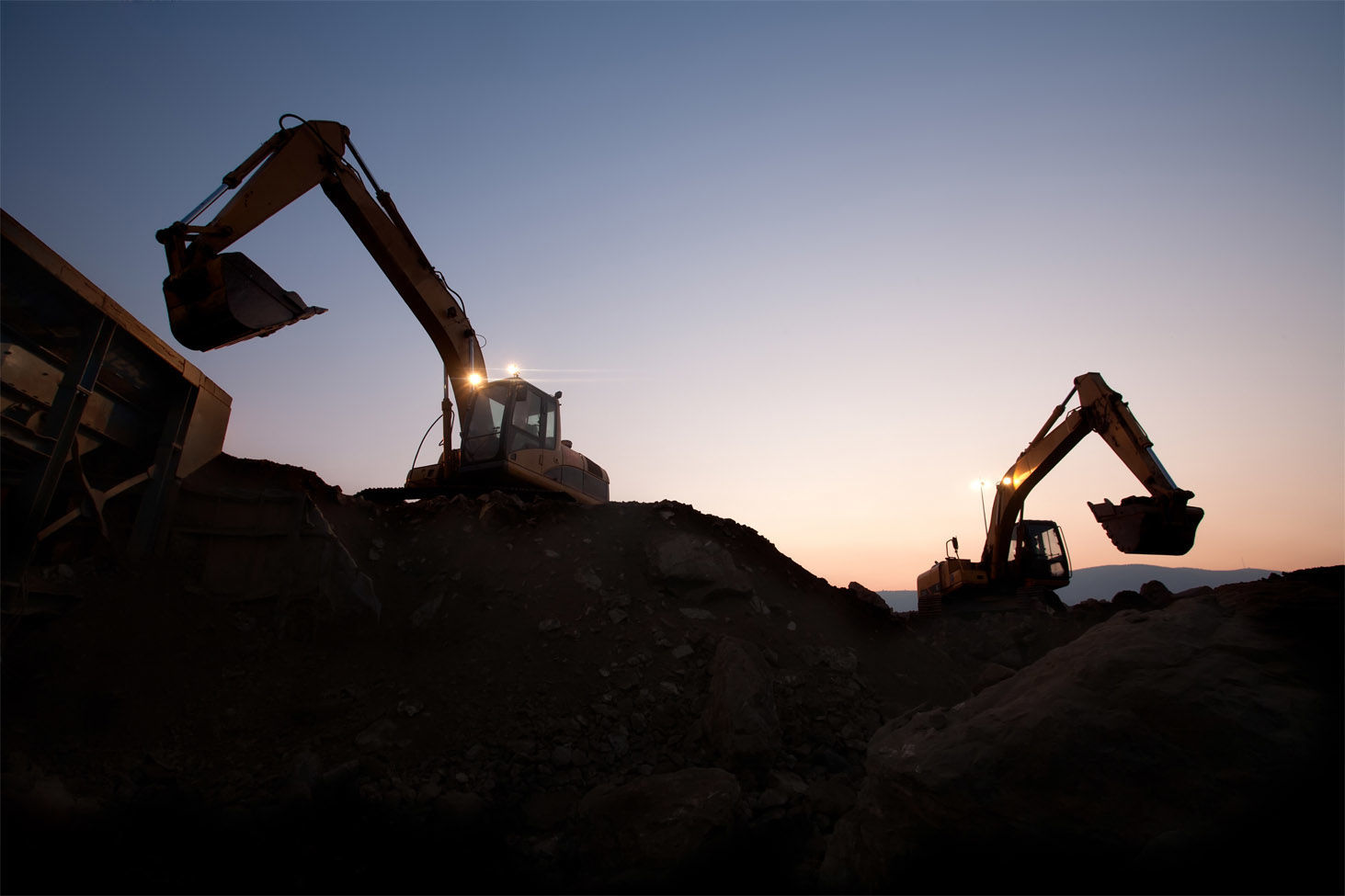
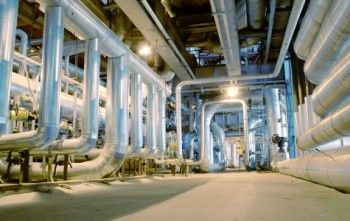

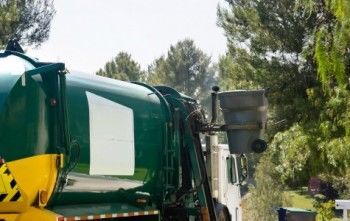

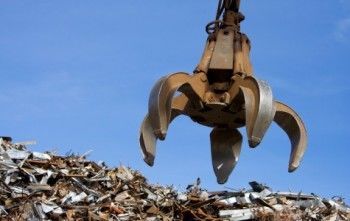



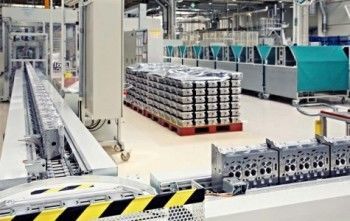
Leave a comment